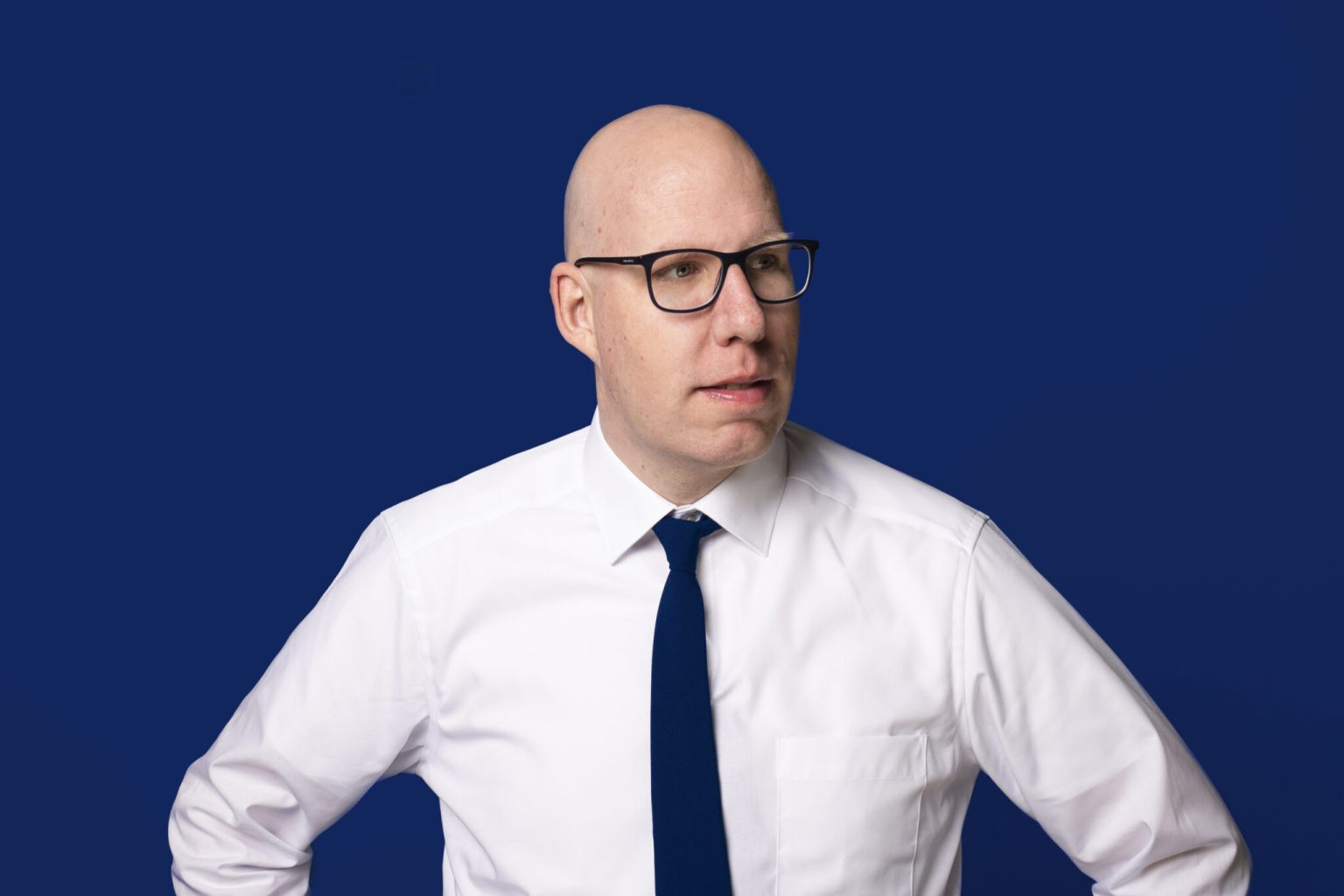Making a mistake at work is normal; it happens to all of us from time to time. But what’s the best way to deal with it? Now that’s the expertise of Frank Deuring. He shares his own mistakes and experiences on his platform De FoutenFabriek (The Mistake Factory). Through books, lectures and workshops, he tries to educate the Dutch corporate circuit about making mistakes.
His new book ‘SuperFalen’ (Super Failure)is available since today (June 1st), and is all about creating radical openness about mistakes. And it is already the number 1 book in the ‘Managementboek top 100‘. “The fear of making mistakes causes burnouts, unnecessary costs and a crappy atmosphere in the workplace. So wouldn’t it be much nicer to have an organisation that’s radically open about making mistakes?”
I made a costly mistake at work. What do I do now?
“When making a mistake, we’re usually quite anxious to share it. We feel ashamed and fear rejection or ridicule. And that’s a shame, because if you dare to share your mistakes, you will notice that people think that’s actually quite brave and perhaps even admire your openness. I believe that working in a team or organisation where you can share mistakes makes you function better and will make people enjoy going to work more.”
You studied HR and did stand-up comedy for a while. How did you come up with the idea to start the FoutenFactory?
“On one specific day, it all came together very nicely. At one point during an internship I was terribly bored. So I went to read some articles on the Intermediair website. There, I read a piece about the benefits of admitting to a mistake sooner. That was an interesting and fun learning point. That same evening I had an improv course. We did this exercise where you got a round of applause from the whole group whenever you made a mistake. I noticed that for me, but also for the rest of the group, the whole exercise went a lot better; apparently because you were allowed to make mistakes. And then it clicked. I had a theory that I could connect to a working method. I thought: I’m going to develop a training for this, about making mistakes and how to deal with them. So a few years later, that’s what I did. And that got completely out of hand, haha.”
With the FoutenFabriek, you do a lot of lectures and workshops. What strikes you most about the organisations you visit?
“I see a lot of people who shove their mistakes under the rug. Or who don’t dare to take action, because they’re afraid of doing something wrong. A good idea is always appreciated. I link that to what companies want to achieve: more openness within the organisation so that beautiful and creative ideas can arise (and fail).”

What can you do for these organisations with your workshops?
“I will start with exercises in which people experience what it’s like when you’re allowed to make mistakes. Often, a light will then come on. I also have a number of practical examples and tools that can help people. For example, teams can create a fixed moment to share mistakes. This can lower the threshold to do so. In this way, people learn that it’s not bad to share mistakes, but that they’re necessary to get better.”
Your new book is about radical openness about mistakes. Can you tell us something about this philosophy?
“The main premise of my new book is: ‘Share your mistakes’. I explain how you can achieve radical openness about mistakes within your company. I first zoom in on how you can deal with mistakes as a person. How do you deal with fear of rejection and shame? The second part is about what organisations can do in concrete terms to create an atmosphere that allows people to share their mistakes more. And how to ultimately learn from that.”
And how do you develop that kind of atmosphere within a company?
“I will tell you all about it in my book, haha! But I can give you a little sneak peek. There are organisations that use a blog where people can share their mistakes. After a year, you can turn the entries into a newspaper or magazine, so that everyone can learn from it. It’s also useful when you hire new people, for example.”
Making a mistake as self-employed worker can directly cost you a customer. How should entrepreneurs deal with mistakes?
“I think that when you make a mistake as an entrepreneur, this creates a wonderful opportunity to improve the relationship with the customer. I recently spoke to a fellow entrepreneur who had a customer who afterwards indicated that he was not satisfied. We spoke about this for a while and came to the conclusion that if a customer says he’s not satisfied afterwards, it’s too late. As an entrepreneur, you need to work on ensuring your customers that they can and are allowed to share their feedback during the entire process. You can do this, for example, by clearly stating the agreements and expectations in advance. And to make sure you get this really clear.”
Do you have a big mistake you want to share? And how did you deal with it?
“A few years ago, I did a workshop. A few weeks beforehand, I received an email from a lady who wanted to participate in the workshop. She was blind, would that be a problem? So I studied my workshop and found an exercise that was about visual perception, but we only needed 1 volunteer for that. So I called her and told her that she could participate in 90% of the workshop, only the PowerPoint presentation would be a problem and there was 1 exercise in which she wouldn’t be able to participate since it was about visual perception. That was all fine with her.
So on the day of the workshop I greet her: ‘Hi, is everything fine? Well, you can participate in everything, except exercise 2’. We arrive at exercise 2 and guess who is volunteering? That lady raises her hand and immediately comes forward. Perhaps I should have intervened there and then and tell her that the exercise is really not possible without sight. But I didn’t dare to do that. So I did the exercise anyway. Of course it went completely wrong and I could feel the discomfort in the room, like: Are you really going to do an exercise about visual perception with a blind lady? The entire workshop was in turmoil.
I didn’t dare tell anyone about this blunder for 13 months. Until I shared it during a workshop. And a lady who has worked with people with disabilities responded. She said that these people often find it annoying if they’re excluded in advance. And so me sharing my mistake gave me a new insight.”
Website: www.foutenfabriek.nl


